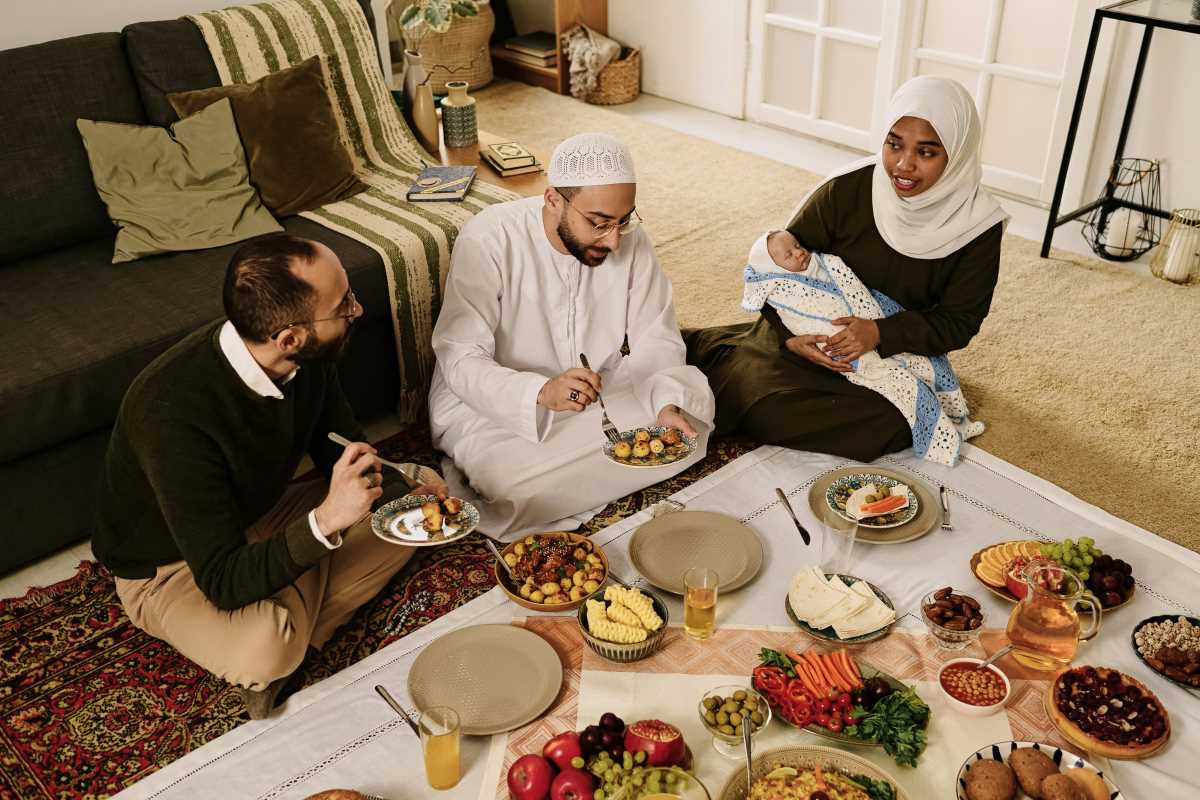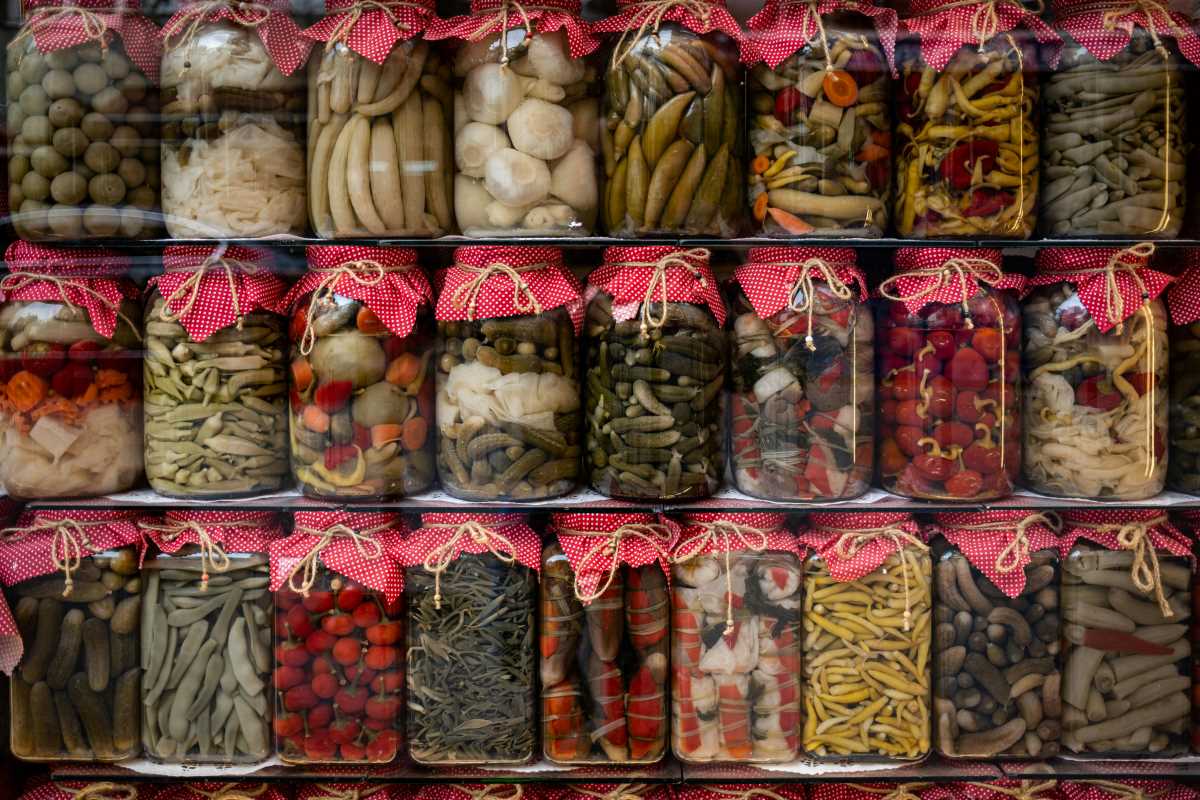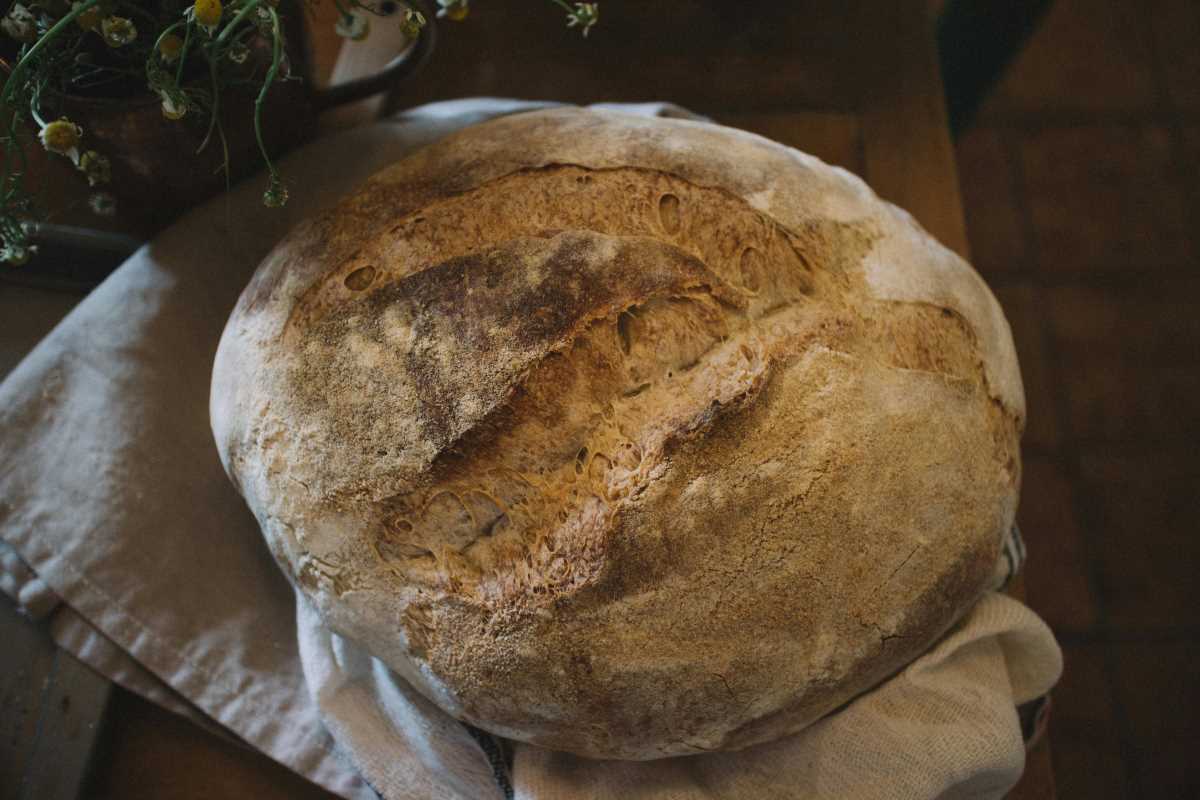Generations have gathered to uphold cherished customs, creating bonds that stretch across continents and cultures. When people come together around the table, they do more than enjoy food; they share stories, values, and connections that reach deep into their history. This act of gathering reflects a sense of belonging and pride, serving as a living link to the past. Communities keep these traditions alive, blending old recipes and rituals with new ideas while ensuring that their cultural identity remains strong. Through these shared experiences, families and friends celebrate both their roots and their ongoing journey together.
The persistent presence of these food rituals comes from their ability to nurture community bonds and celebrate local heritage. They keep memories alive and offer moments for reflection in a rapidly changing world. The following bullet points highlight key reasons why food rituals remain an essential part of cultural identity:
- They foster a sense of belonging and family unity.
- They serve as a medium for storytelling and cultural transmission.
- They celebrate local ingredients and culinary artistry.
- They offer a ritualistic pause that honors nature’s cycles and historical events.
Japanese Tea Ceremony Significance
The Japanese Tea Ceremony, or chanoyu, offers more than a simple cup of tea—it creates a meditative space for connection with nature and self. Rooted in centuries-old Zen Buddhist traditions, this ceremony emphasizes precision, respect, and aesthetics. Every movement in the preparation of tea reflects a deep respect for seasonal changes and the guest-host relationship.
Today, enthusiasts and visitors participate in these ceremonies to experience tranquility and mindfulness. In tea gardens and cultural centers, the ritual continues to evolve while maintaining its timeless spirit of harmony and simplicity. It serves as a gentle reminder to embrace quiet moments amid everyday busyness.
Ethiopian Coffee Ceremony Traditions
The Ethiopian Coffee Ceremony embodies the warmth and hospitality of Ethiopian culture, dating back to ancient customs. The meticulous process of roasting, grinding, and brewing coffee transforms a daily routine into a celebration steeped in social interaction and cultural pride. This time-honored ritual invites everyone to pause and share personal stories over freshly brewed coffee.
Modern practitioners often host these ceremonies to honor their roots and express gratitude for community. Gathering around a simmering pot of coffee, families and friends find common ground, intertwining tradition with contemporary conversations. The ritual not only highlights the significance of the beverage but also reinforces community connections.
Breaking Bread in the Middle East
Breaking bread in the Middle East goes beyond the act of sharing food—it symbolizes unity, trust, and an open heart. Historically, companions would invite others to share a meal, reinforcing bonds of friendship and mutual respect. Bread, seen as a gift from nature, connects people across diverse backgrounds and generations.
Today, the practice continues to thrive in countless homes and communal gatherings. Families and neighbors gather around a table filled with traditional dishes where breaking bread becomes a powerful symbol of togetherness. The ritual reminds everyone that shared meals bridge cultural divides and nurture long-lasting relationships.
Indian Thali Eating
This vibrant tradition showcases the harmony of diverse tastes, textures, and regions through a single, beautifully arranged platter. A traditional thali includes small servings of lentils, vegetables, chutneys, rice, bread, and desserts—each prepared to reflect regional customs. Sharing a thali during family meals fosters appreciation for balance and variety, reminding participants of India’s rich culinary and cultural mosaic.
Italian Sunday Lunch
A cornerstone of family life, the Italian pranzo della domenica is a cherished tradition that turns Sundays into celebrations. Spanning several hours and multiple courses, these meals unite generations over homemade pasta, slow-cooked sauces, and seasonal desserts. The ritual isn’t just about the food—it’s about storytelling, laughter, and sustaining close-knit family ties.
Moroccan Mint Tea Ceremony Significance
The Moroccan Mint Tea Ceremony presents a welcoming invitation to experience hospitality in its purest form. Often prepared with fresh mint leaves and a generous amount of sugar, this tea serves as a symbol of warmth and respect. The act of pouring tea from a height into small glasses adds a touch of elegance and theatricality to the ceremony.
In Morocco, sharing mint tea remains a daily ritual that extends beyond mere refreshment. It encourages conversations, invites new friendships, and signifies a lasting commitment to hospitality. Its charm lies in the balance of flavor and tradition—a delicate dance that honors the past while enticing modern palates.
Greek Mezze Tradition
The Greek Mezze Tradition revolves around the art of sharing small dishes among family and friends. These platters, filled with an assortment of dips, olives, cheeses, and grilled delicacies, encourage prolonged conversations and joyful gatherings. Originating from ancient Greek practices, the mezze serves as both a hearty appetizer and a medium for cultural expression.
Today, the mezze tradition embellishes celebratory gatherings and casual get-togethers alike. It inspires hosts to craft meals that are as much about presentation and conversation as they are about the food itself. This shared culinary experience bridges generations, allowing each participant to celebrate the essence of community in every bite.
Mexican Day of the Dead Offerings
The Mexican Day of the Dead Offerings connect the living with the ancestors through food and art. Celebrated during a time of remembrance, families prepare altars adorned with traditional dishes, sugar skulls, and marigolds to honor their dearly departed. This custom carries a deep respect for those who have passed on while celebrating the cycle of life and rebirth.
Modern observances of this ritual bring vibrant street parades, community feasts, and family gatherings to life. The carefully prepared offerings not only nourish the spirit but also preserve ancestral wisdom. The tradition serves as a poignant reminder that life, in all its flavors and colors, deserves celebration even during times of remembrance.
How These Rituals Inspire Today’s Dining
Traditional feasts continue to shape modern dining around the world. Chefs and communities draw from historic customs to craft experiences that blend memory, creativity, and connection.
In a fast-paced world, these rituals offer a meaningful pause—reminding us to savor both food and company. They help new generations connect with their heritage through flavor and shared moments.
Each meal becomes more than nourishment—it’s a celebration of culture, community, and the timeless joy of gathering together.
 (Image via
(Image via





